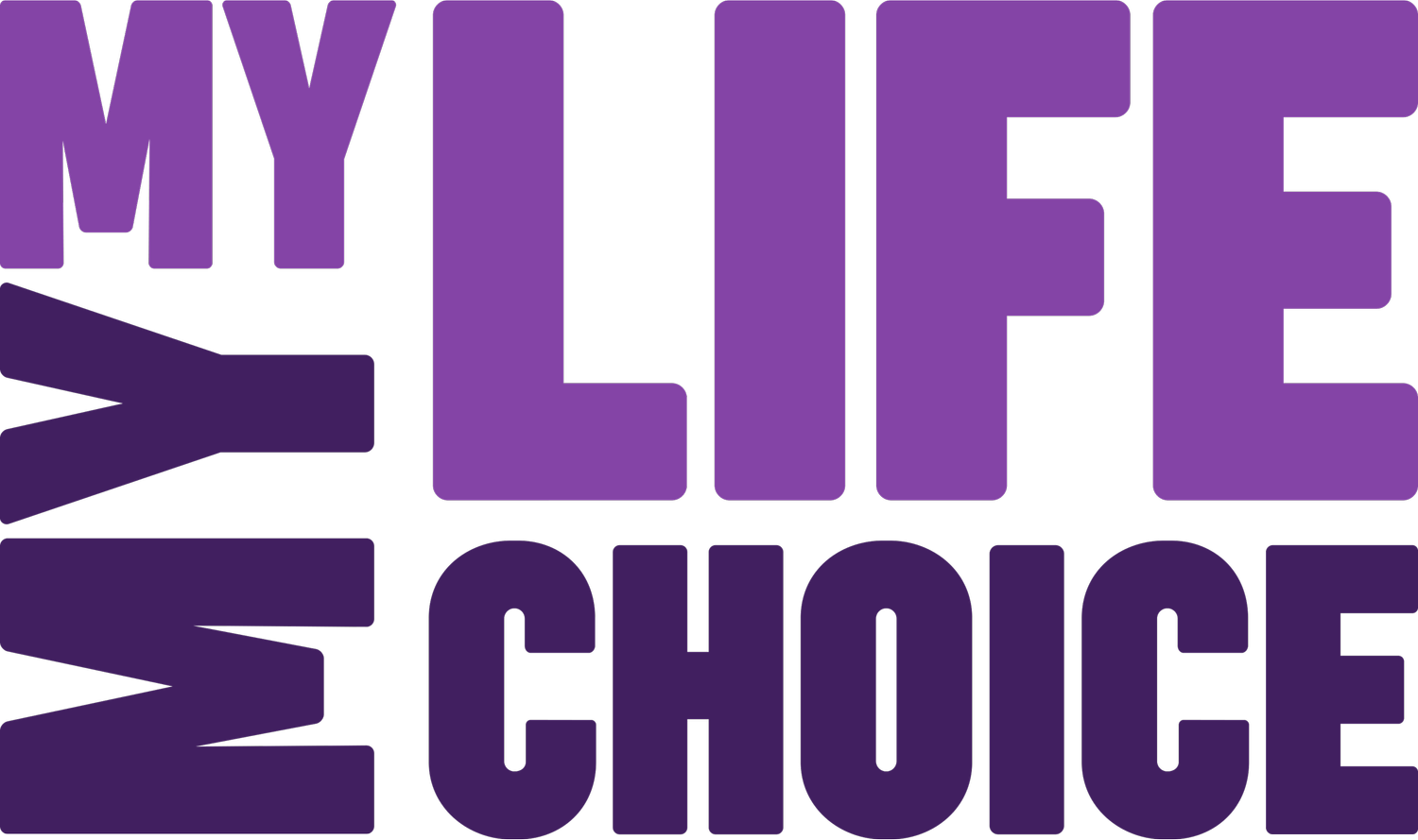A Review of Anora
By Lisa Goldblatt Grace, LICSW, MPH
When I was asked to speak on a panel about the film Anora, I was more than hesitant. Hollywood notoriously misses the mark when it comes to the complexity of the sex trade (think, most famously, Pretty Woman). I was worried that what others might find to be a “fascinating look” or an “extraordinary film” would feel, to me, painful and not the full picture of the sex trade.
I was right. From the opening scene of Anora, where multiple women in a strip club give lap dances to nearly faceless men, my stomach hurt. Because for me, this isn’t a voyeuristic glimpse into the commercial sex trade. I have known Anora. I have known Anora when she was 13 years old and missing, only to meet an exploiter more than willing to lead her down a dangerous path. I have known Anora when she was 18, newly on her own, and looking to find stability while she is without a place to live. I have known Anora at 35, as she wrestled with substance use disorder, a byproduct of the trauma she survived in the sex trade. So for me, I have seen the harm of the sex trade and I am unwilling to be entertained by it.
Here are my takeaways from the film for those who choose to see it:
It is a cinematically beautifully made movie. The lead, Mikey Madison, is extraordinary. The hype about her performance and the respect for the filmmaking craft feels well deserved, in my non-sophisticated moviegoer mind.
The film offers only one take on, one version of, the commercial sex trade—that of the experience of what the filmmaker construes as the “consensual sex worker”. We can debate about the term “consent” but regardless, I am not advocating that we see Anora as a victim or that we conflate sex trafficking and “sex work”. Without more knowledge of her background, we don’t know what choices she has or hasn’t been able to make.
The filmmaker offers us no context about Anora’s life before we meet her in that strip club. Of the over 220 young people we served at My Life My Choice last year, the average age that they were first exploited was 13 years old—middle school age. Was that Anora’s story? And if it was, would the audience see her journey any differently? Similarly, we don’t see Anora ten years later. My colleagues at Safe Exit Initiative in Worcester who primarily serve adults report that 70% of the participants they serve meet the diagnostic criteria for PTSD. 96% say they would leave if they could, if they had real options. Does that information change how the audience would respond?
Despite what the reviews say, Anora is not a “screwball comedy”. Without offering any spoilers, in the portion of the film when the greatest “hijinks” are happening, Anora is alone with two men, and she is tied up. Not funny.
The film does lift up the profound power imbalance between who is being bought and who is buying. The most marginalized (by class, race, sexual orientation, and gender identity) are bought by predominantly white men with positional power. However, the film does not note who is most likely to be criminalized in this transaction—in Massachusetts, the person being bought is 9 times more likely to be arrested than the buyer.
The theme of stigma came through for me throughout the film. The way Anora is talked about, the names she is called–both in the film and in reviews that use demeaning terms like “hooker”—it echoes the experience of the survivors I work alongside who battle the very real stigma every day that impacts housing, jobs, and their place in our communities.
Lastly, to me, Anora is not the feminist manifesto as it is being billed. Is the character of Anora strong, fierce, and resilient? Absolutely. But does the film focus way too much on the voyeurism of the male gaze on female bodies and the transactional commodification of Anora? Also, absolutely.
In sum, I hope that those who choose to see Anora also commit to seeing films or reading books that help them better understand the realities of the sex trade. We must bring a critical analysis to films like these. So while I was hesitant to join the panel, I am glad I did it. I am grateful to the West Newton Cinema for recognizing this film screening as a teachable moment and inviting My Life My Choice to share our perspective from 22 years of serving survivors who have experienced the violence and degradation of the sex trade.
